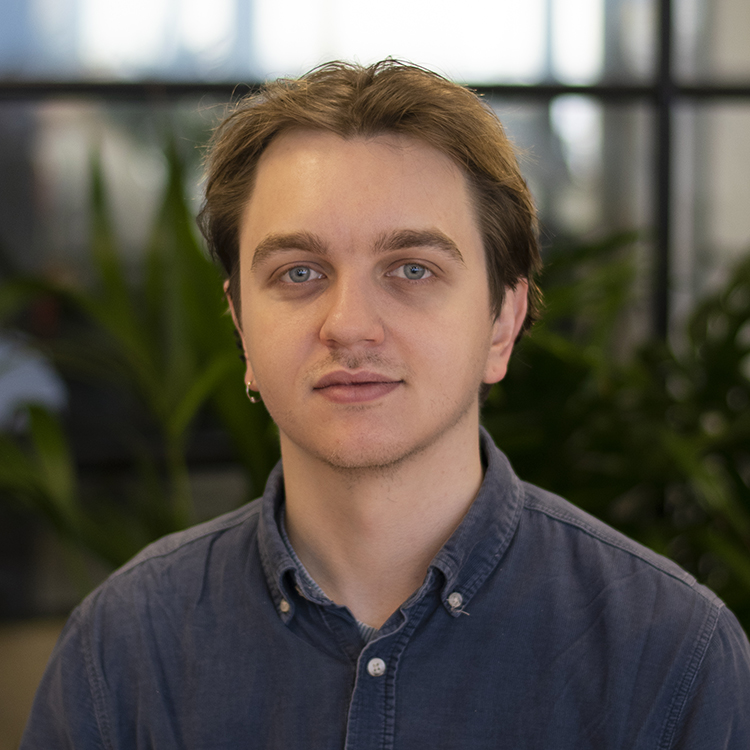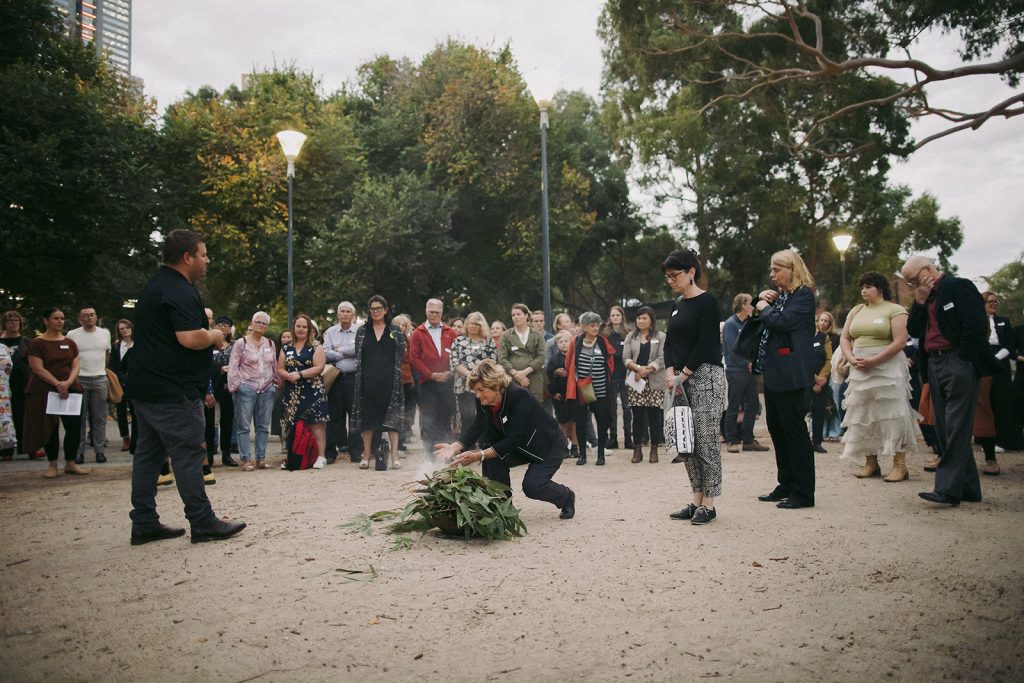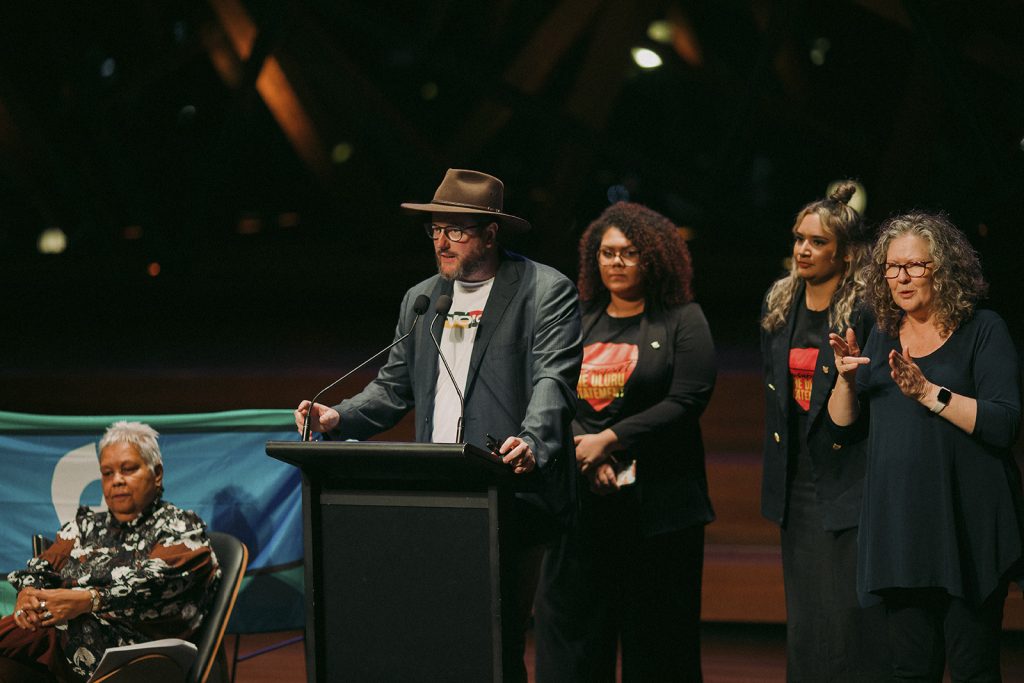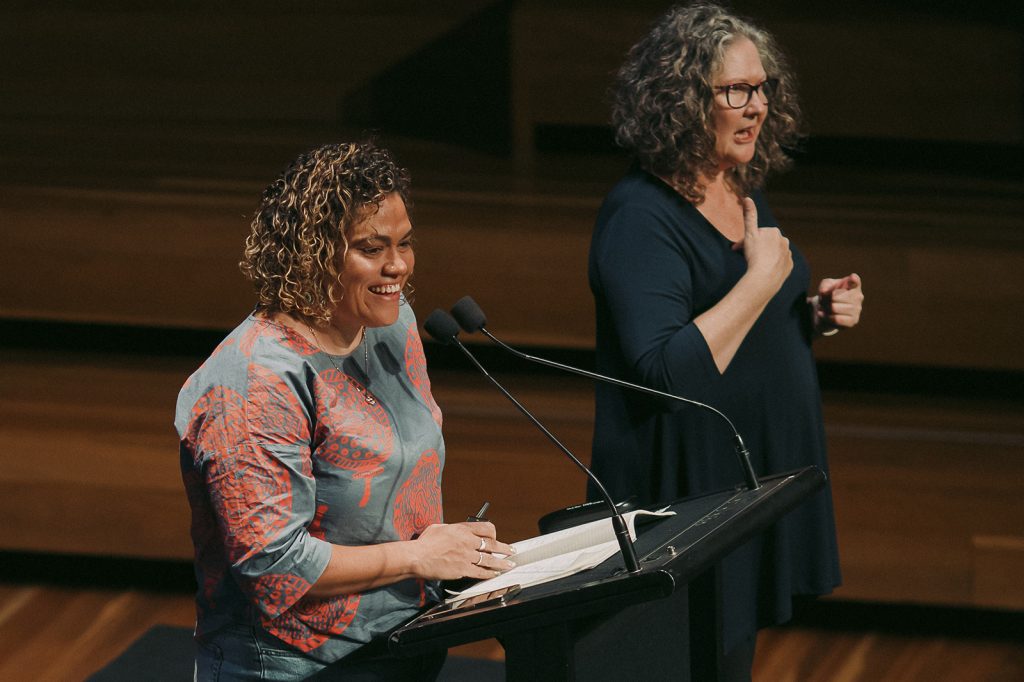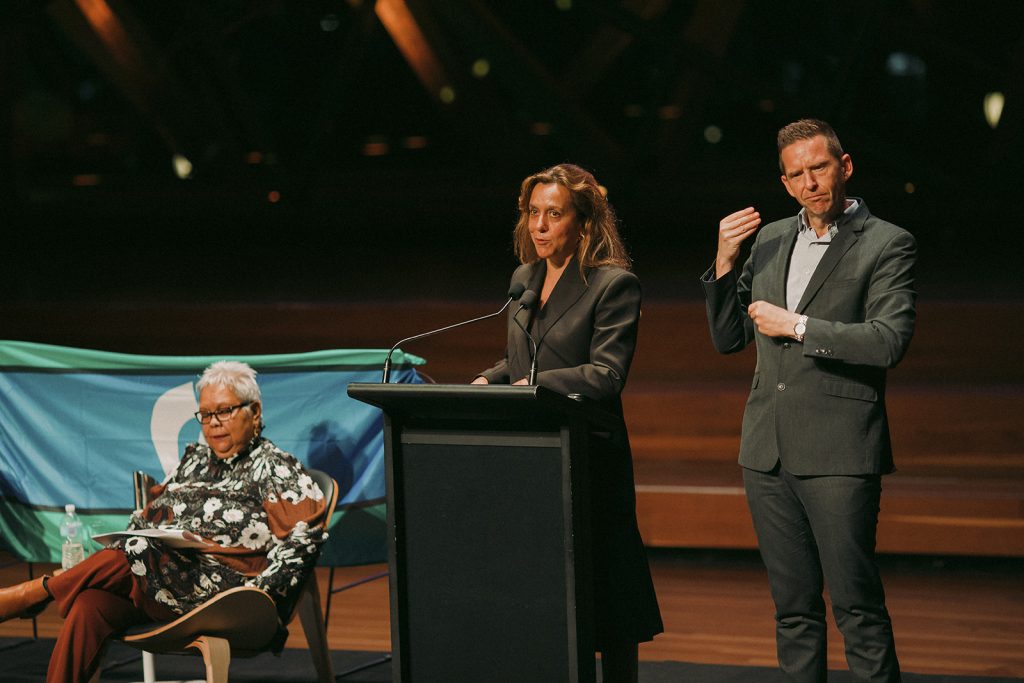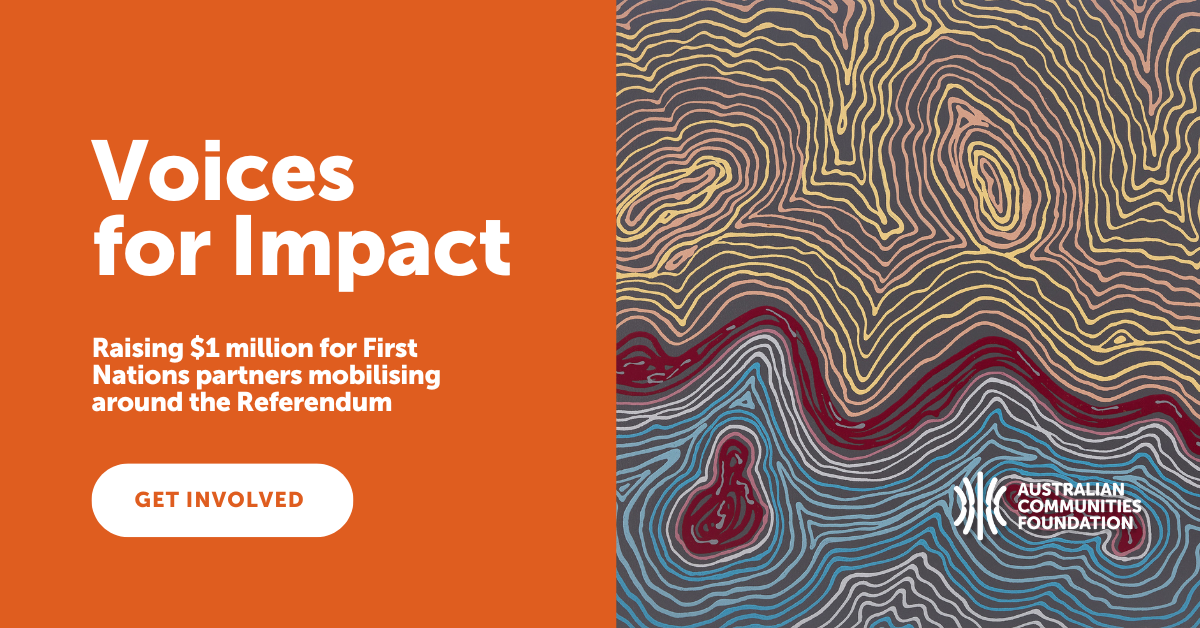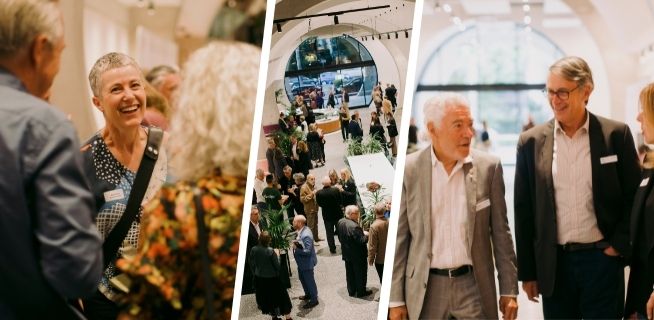More than 400 funders and friends of our giving community came together on April 27 to hear from and learn how to support First Nations leaders mobilising around the Referendum.
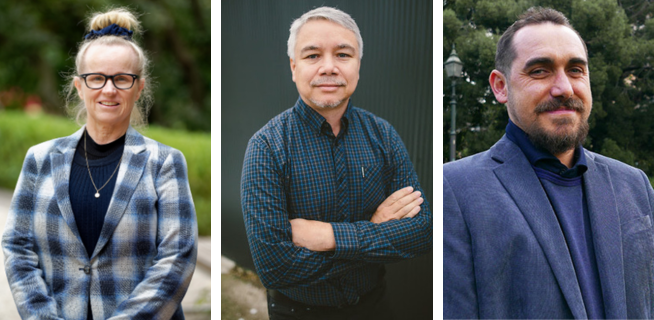
Taking the next step: First Nations leaders on the Voice to Parliament
ACF’s First Nations Advisory Group share their perspectives on the diversity of opinion around the Voice to Parliament, the work that’s led to this point, and the work that lies ahead.

